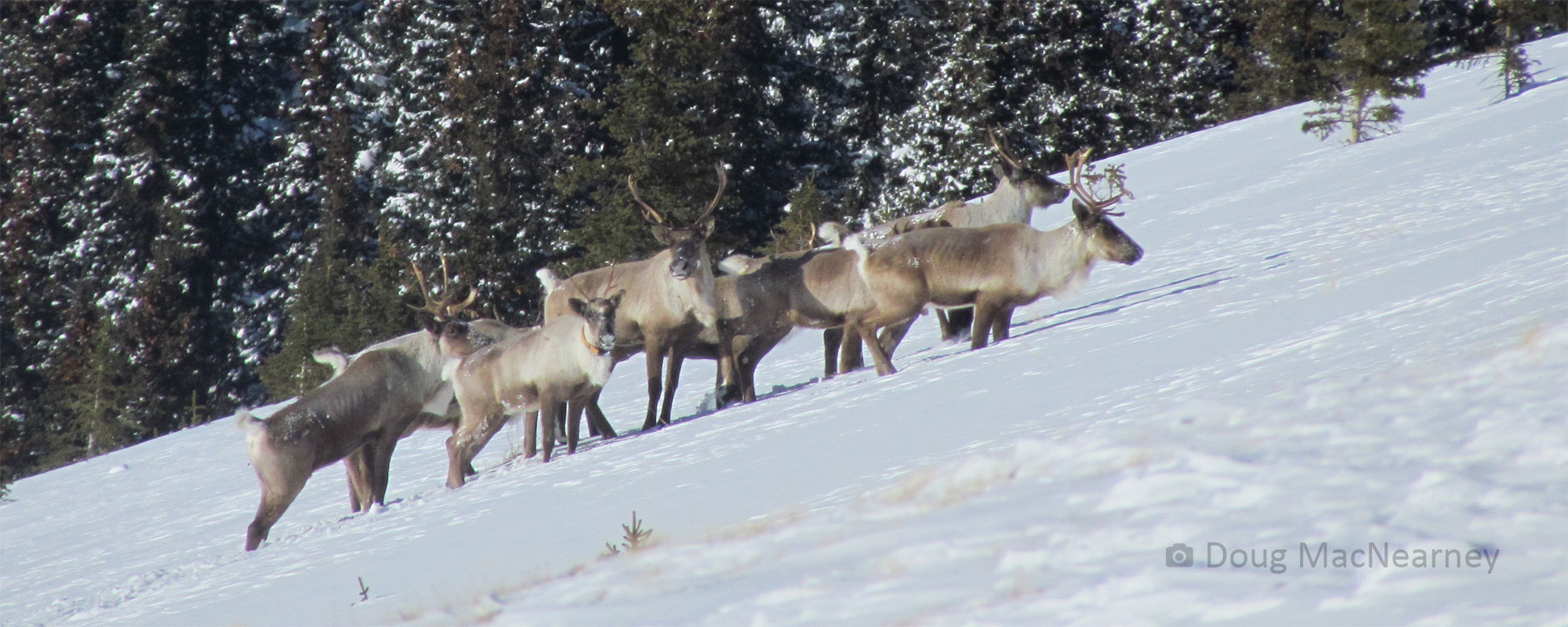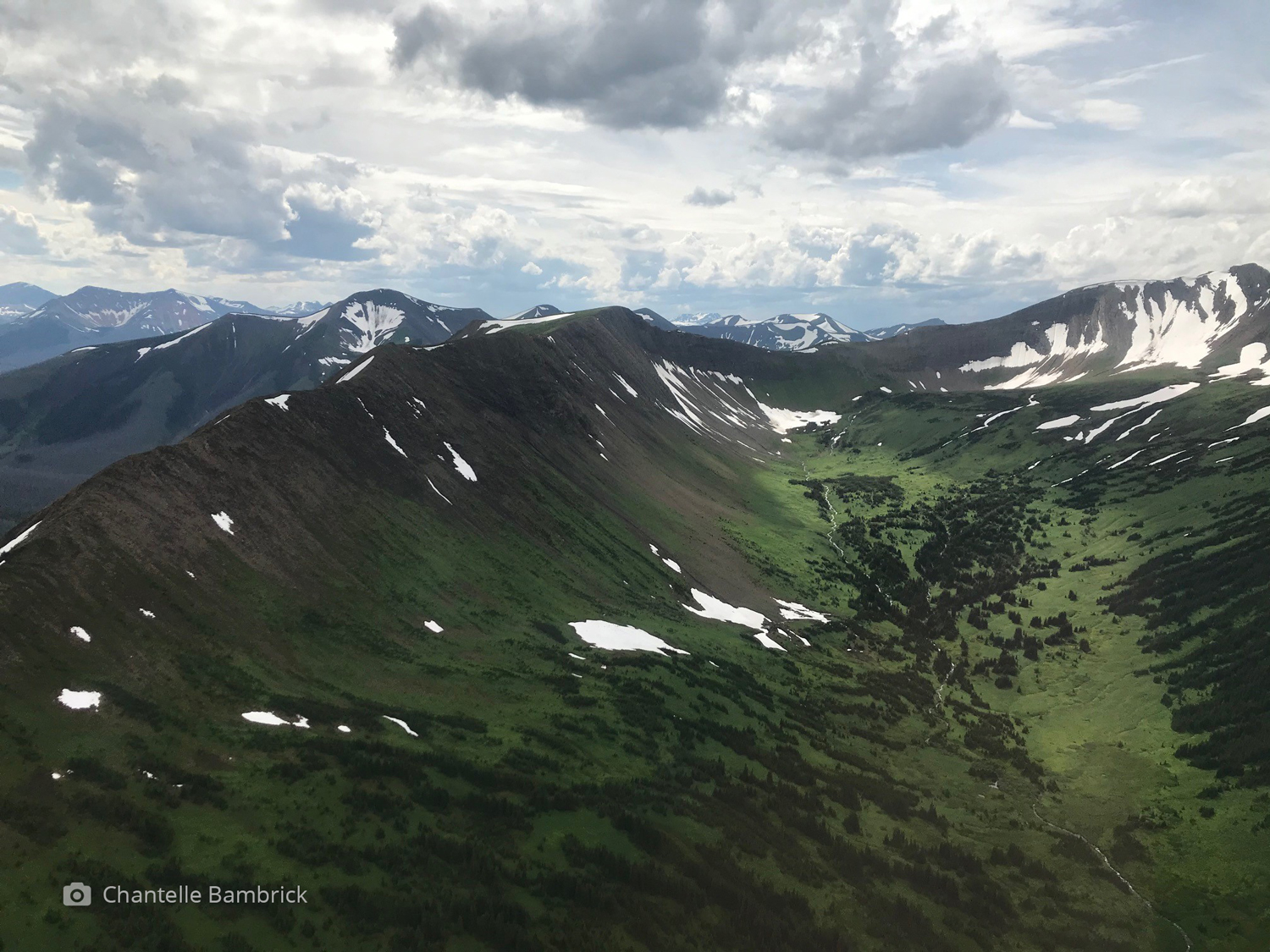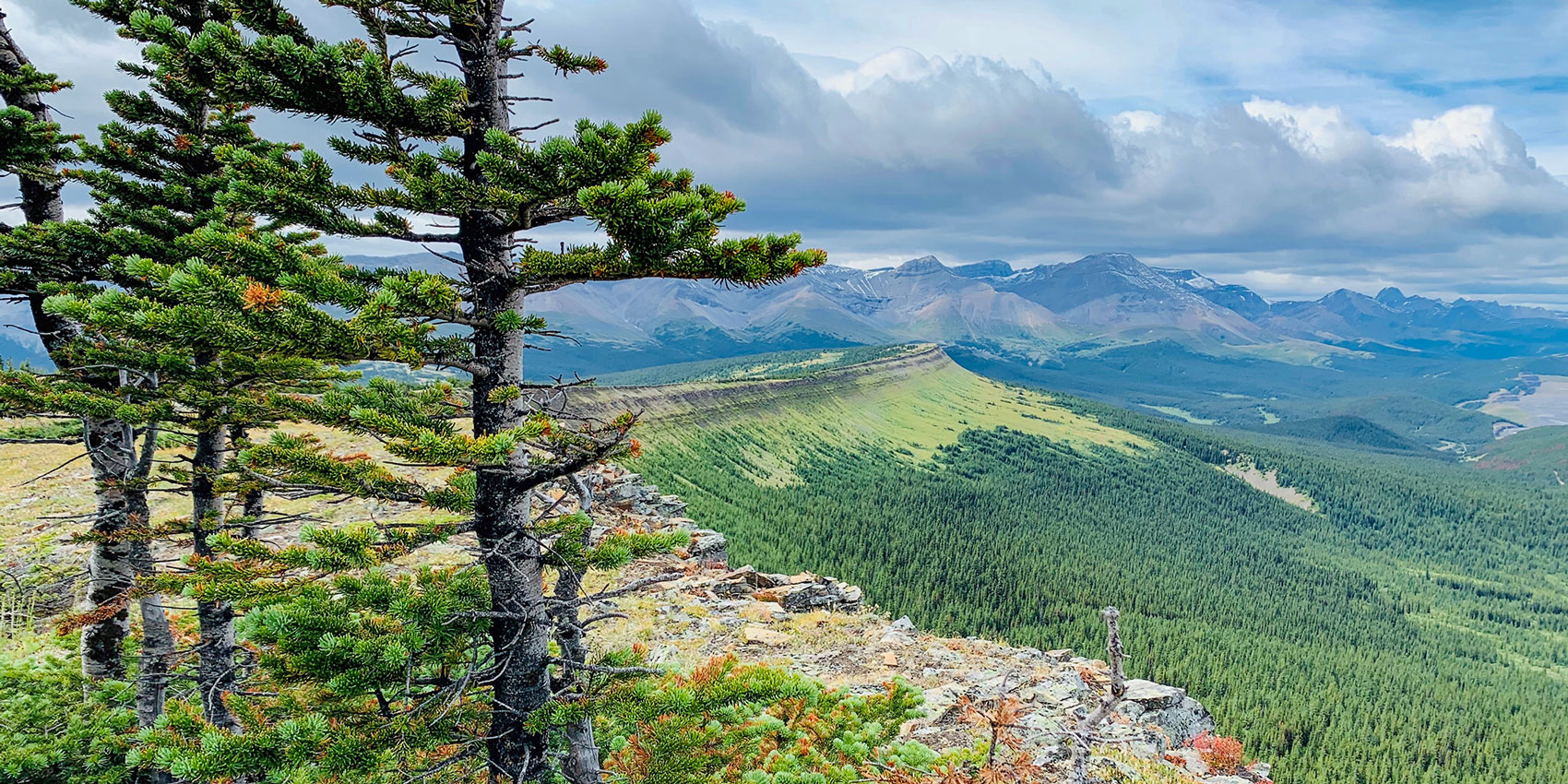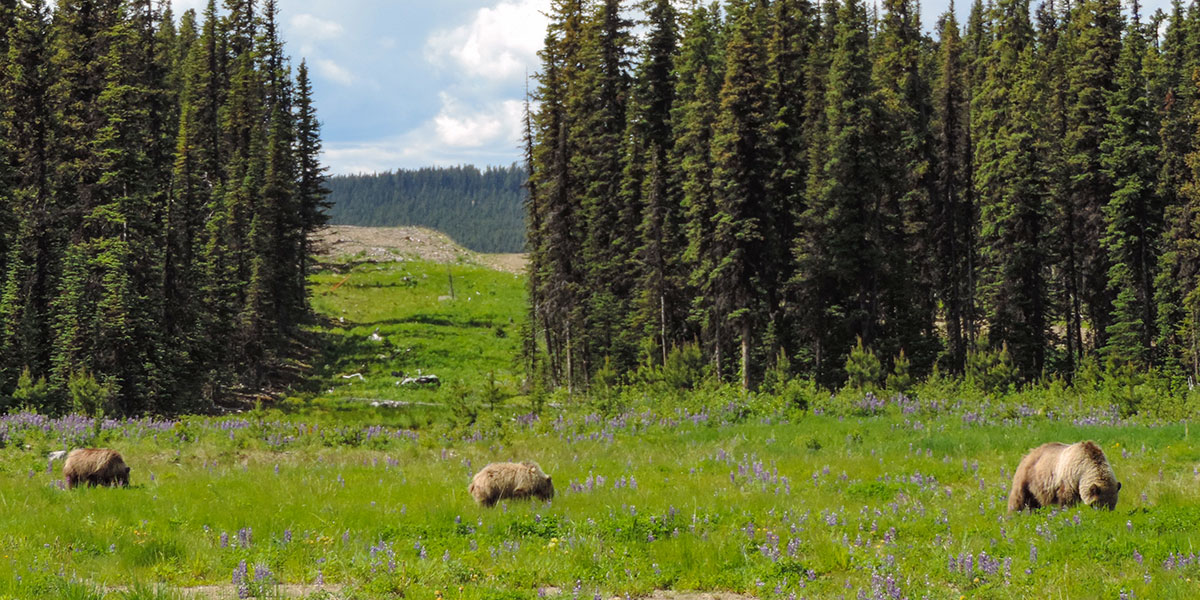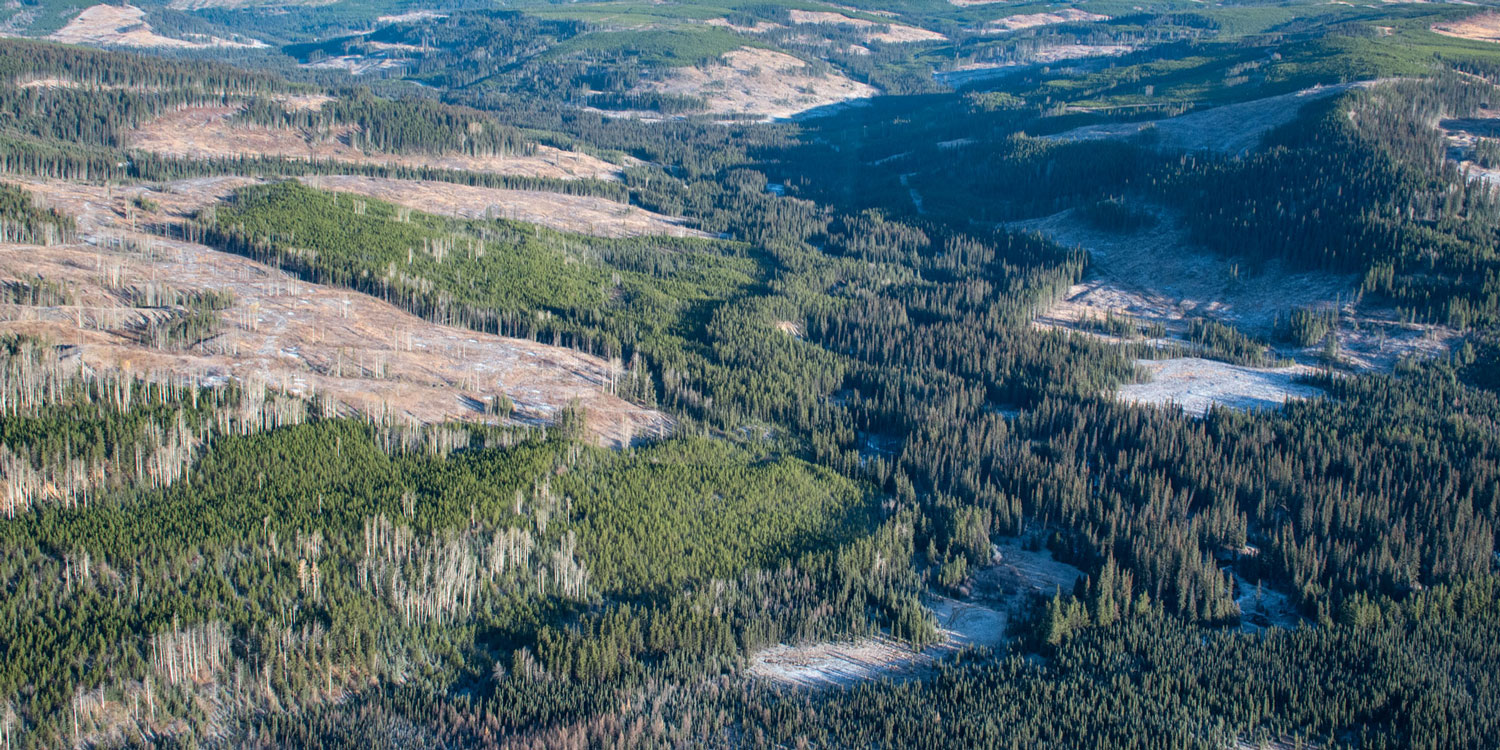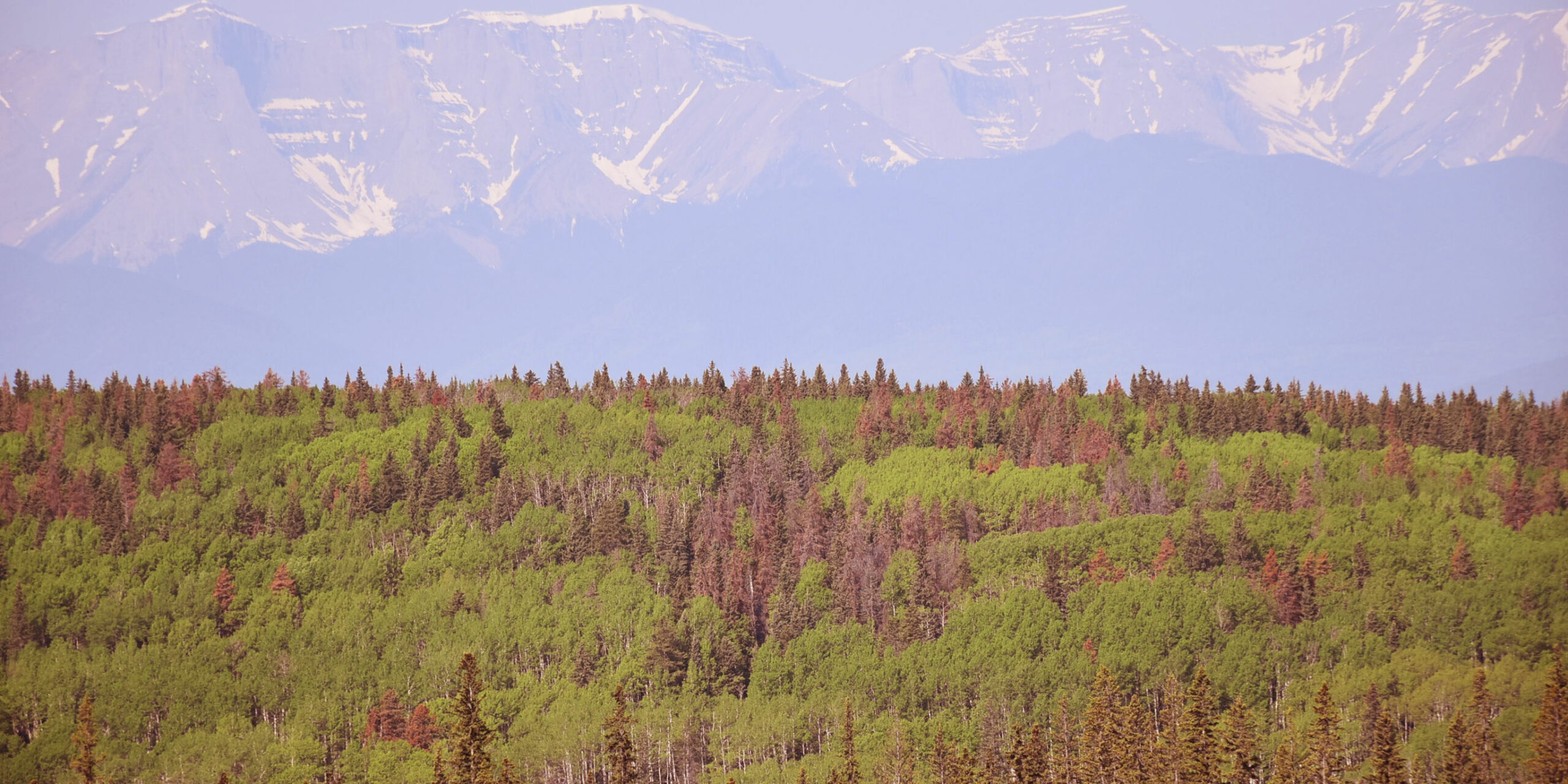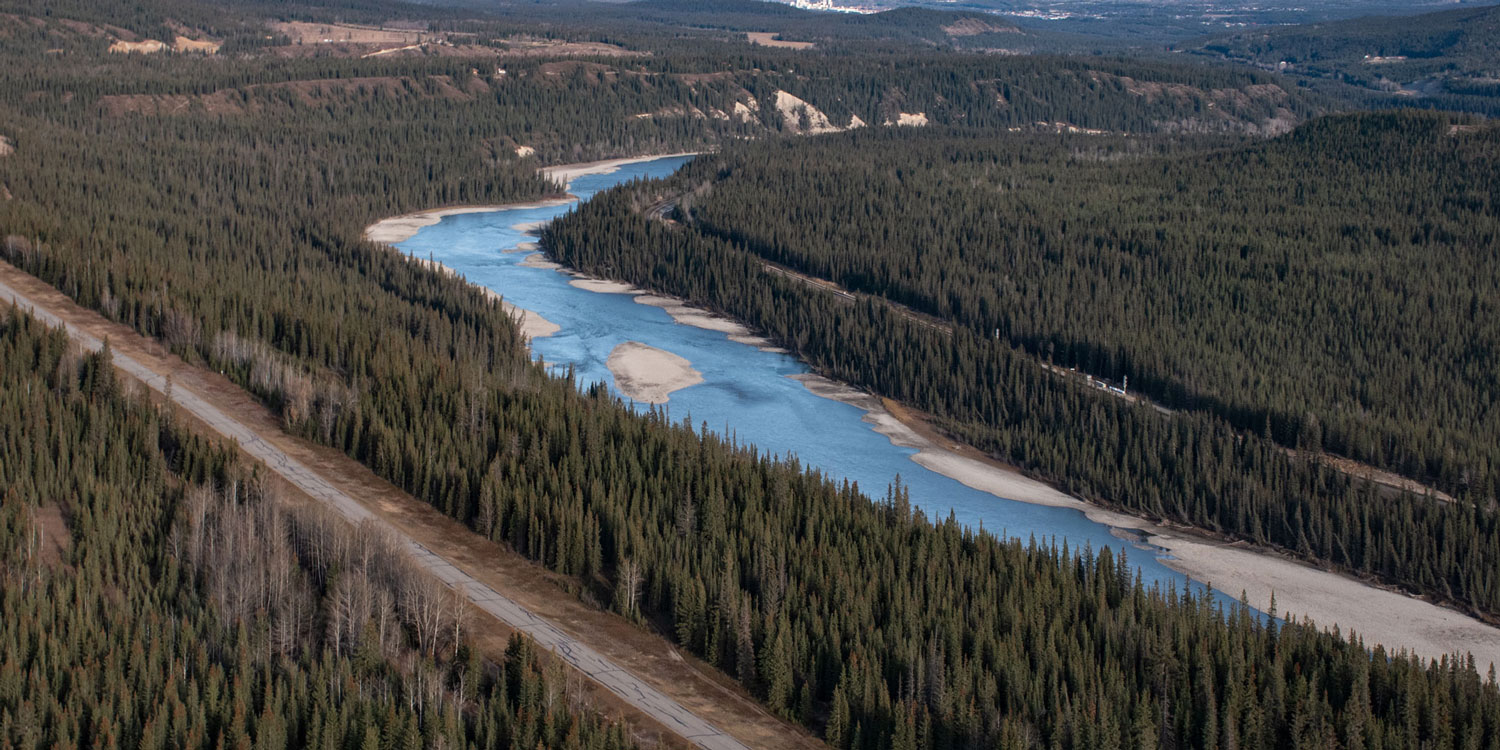
Theresa Dinh is a Masters of Science candidate at the University of Guelph under the supervision of Dr. Ze’ev Gedalof. She describes how tree ring data will be used reconstruct a highly detailed history (right down to the season) of the fires in Jasper National Park. The objective is to get a description of a mixed fire regime (high intensity fires detected by the cohort age to the tree stand, low intensity fires through fire scars). Her research is to look at climate and fire history from the 1600’s to present. Large intense fires should occur with significant periods of drought. That should show up in the width of the tree rings. The season of the fire should be detected by where the fire scare shows up in the tree ring. The study area is 400 square kilometers around the Jasper townsite. She also hopes to be able to pick up changes to the fire regime from native people’s use of fire and the suppression of fire after Jasper National Park was created. Theresa Dinh finishes by describing her project milestones.
Raphael Chavardes is a MSc graduate student at the University of British Columbia, supervised by Dr. Lori Daniels. He describes his research on Historical Fire Regimes in Montane Forests of Jasper National Park. With 29 sites through the Athabasca River valley, again fire scar data and age of the stand (cohort age) was used to identify high intensity fires and mixed severity fires for each plot. Prior to the 1900’s, low to moderately severe fires burned in these montane forests. After 1900, fire scars disappear. Large fires were identified by even-aged cohorts that originated at approximately 50 year intervals from 1772 onwards to 1904.
Dr. Lori Daniels concludes the series of presentations with a diagram of fire regimes that explains fire frequency and fire severity in the various natural zones in Alberta. With climate change, combustibility increases and we are getting more bigger and more severe fires in our wetter forests. Add in mountain pine beetle where we have previously excluded fire, again fire frequency and fire severity increases. She summarizes what questions the graduate students’ research will answer.

